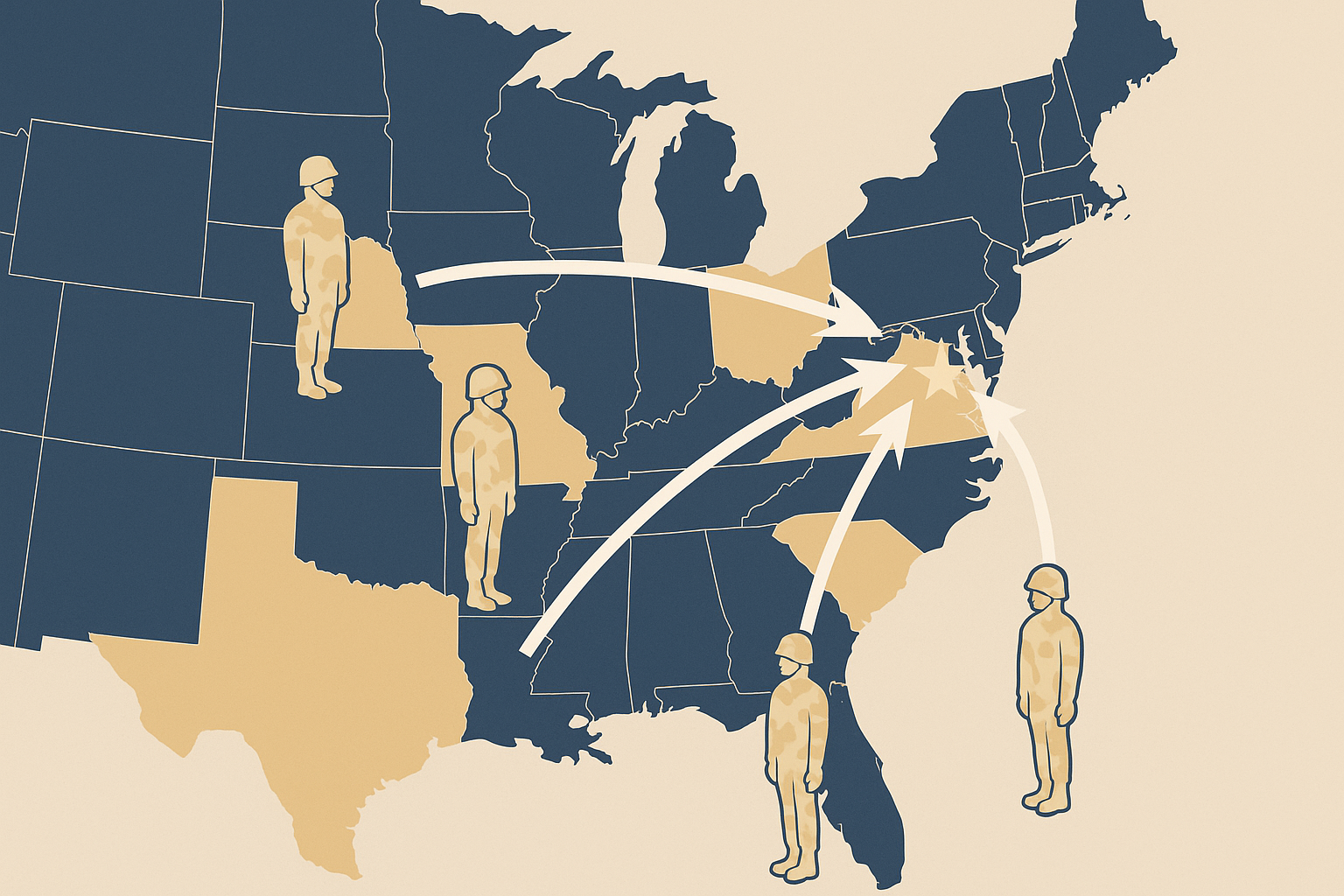The federal government has intensified its security strategy in Washington, D.C., by deploying additional National Guard soldiers to support policing efforts. The move, framed as part of a broader crime-fighting campaign, has generated both approval and criticism for its scope and potential consequences.
Troop Contributions from Multiple States
Mississippi announced this week that it would send about 200 National Guard soldiers to the capital, joining earlier reinforcements from West Virginia, South Carolina, and Ohio. With four states now contributing, the capital is experiencing one of the largest out-of-state National Guard deployments in recent memory.
According to federal officials, the additional soldiers will assist local law enforcement through patrol duties, surveillance, and logistical operations. The administration has justified the expanded presence by citing what it describes as rising criminal threats in the city.
Expanded Measures and Mixed Reactions
The troop deployment is part of a wider campaign that includes intensified arrests, more frequent patrols, and expanded surveillance in areas with higher crime rates. While some residents see the increased security presence as a necessary step to restore order, others fear the measures could escalate tensions and weaken community trust.
Civil rights advocates have voiced particular concern, warning that the growing reliance on federal troops risks creating a climate of fear while diminishing local accountability. “Visible displays of military force may offer reassurance to some, but they also heighten anxiety about the erosion of rights and freedoms,” said one advocacy group.
Tension Between Security and Autonomy
The reinforcement effort highlights Washington’s ongoing struggle to balance public safety with local self-governance. Critics argue that drawing on out-of-state troops undermines municipal authority and strengthens calls for greater autonomy and statehood for the District.
As the strategy unfolds, uncertainty remains about its long-term effectiveness. Supporters hope the heightened presence will deter crime, while opponents warn it could exacerbate divisions between security forces and the communities they are tasked with protecting.



